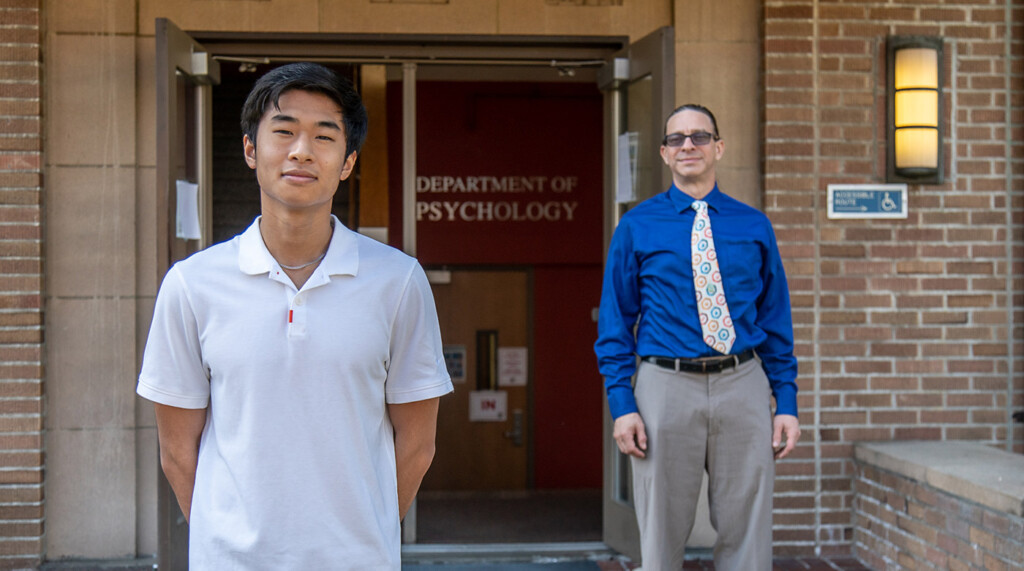Page 55 • (699 results in 0.046 seconds)
-

, research, and theory, while DNP graduates serve as leaders in the health profession and implement the best, most recent research into the practice of nursing to improve health outcomes. According to the American Association of Colleges of Nursing (AACN), a majority of nursing schools are advocating for the DNP degree to be required for all nurses who are interested in taking on one of the four APRN roles. Increasingly, nurses who want to lead or teach across the profession are choosing to pursue
-

settings. Conversely, a PhD prepares nurses not for patient care, but for academic research and theory. Nurses with a DNP have the highest possible degree for clinical nursing. Nurses with a DNP are eligible for all leadership roles and ARNP certifications as well as for roles in research, administration and policy. In some states, a DNP qualifies you for unrestricted practice autonomy as a nurse practitioner.If you’re a nurse who is looking to secure a graduate nursing degree that will prepare you to
-
on many who search for meaning and faith in light of trauma, grief and diagnoses of terminal illness or incurable disease.CONFERENCE WEBINAR: “Beyond Deep Gladness: Coming to Terms with Vocations We Don’t Choose.” The talk urges an expansion of Beuchner’s definition of vocation and uses trauma theory to talk about the issues we’ve been facing (pandemic, systemic racism). Thompson will talk briefly of her own experience with illness and will talk about the importance of communal and public lament
-

at Mount Tahoma. He also works as an assistant football coach at PLU. Turning up for Saturday morning classes after a Friday night football game was challenging, Daley said. “It was chaos,” he said. “But I thrive in that kind of situation.” Jasmine Skipworth — From Theory to Practice“PLU prepared me very well,” she said. “Professors were really invested in your experience in and out of the classroom.” Instructors complemented textbooks and articles by presenting students with realistic classroom
-

outcomes below! Flexible Program – may be completed in as few as 14 months, or over the course of 26 months. Classes occur in the evenings and are a mix of traditional and hybrid in design. Theory to Practice Focus – coursework focuses on building an evidence-based practice through rigorous coursework applied to real world situations. All students complete an applied project as part of the program. Mentorship – all students are assigned a faculty mentor who also serves as lead advisor for the applied
-
by Friday the first week of class to avoid paying a late registration fee. Placement Exams All incoming students interest in majoring or minoring in music should register for MUSI 111/113 in the fall semester. A diagnostic examination on music fundamentals, music theory and ear training will be given on September 6. Students will be placed in the appropriate entry course based on the outcome of the examination. OrientationMusic Department Orientation Meeting Thursday, September 12 at 7pm Mary
-
lot of time thinking about creativity, and that too is an outgrowth of all these crazy pieces of my life.” With a chuckle he adds, “I would still hop a freight train, but my wife has forbidden me to do that anymore.” Profile Areas of expertise Classical music composition Classical music history and theory World music traditions (Chinese, Irish, and Trinidadian in particular) Chinese history and culture Educational study tours in China Education D.M.A, University of Michigan M.M., University of
-

, students have to learn to read music well, know something about the theory behind musical structure, and work at developing their instrument, no matter what that is. I think it’s even better if they can perform on more than one instrument—voice/piano, voice/violin, voice/trumpet—it helps deepen your musical understanding. Students who display pride and dedication to their work and great organizational skill do very well. And finally, be a team player! In your time at PLU, what have you learned from
-

style. Here’s what a few of the jazz students had to say about the classes: I appreciated that the focus with each clinic wasn’t on the clinician’s instrument itself as well as the conversational aspect. The talk about theory, philosophy, and getting jobs was unique and very helpful. Nathaniel Lackey, ’21 Economics I believe every single jazz clinician invited us to reach out to them and keep in contact, send them recordings, compositions, etc… That was very cool. Joshua Green, ’22 Music Education
-

critical thinking, theory building, research methods, statistical analysis and using psychology in human context. The Bachelor of Science degree also is an excellent degree option for students with an interest in pre-medicine (including [psychiatry), behavioral health, cognitive neuroscience, or neuropsychology. Read Previous PLU’s Lathiena Nervo discusses her work and being named one of the “1,000 inspiring Black scientists in America” Read Next Q&A with Biology Major Brandon Nguyen ’21 LATEST POSTS
Do you have any feedback for us? If so, feel free to use our Feedback Form.


